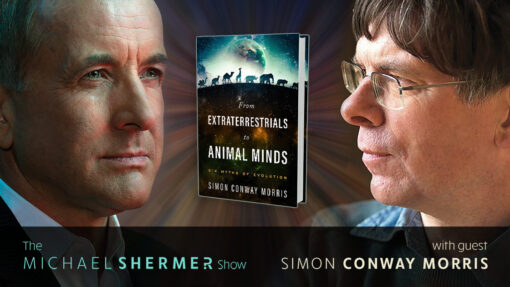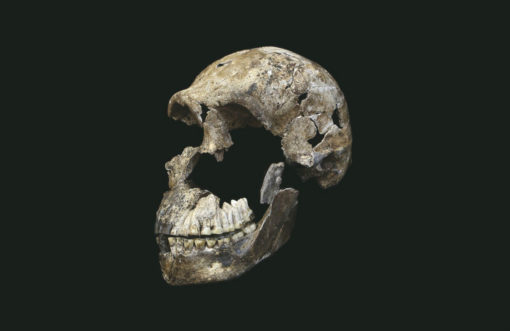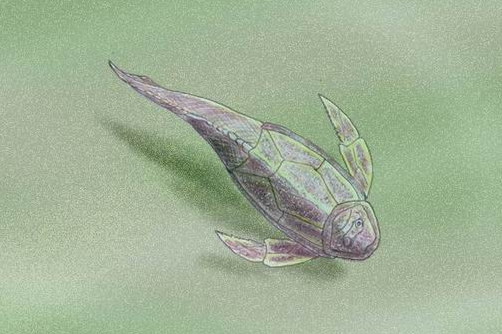fossils

Michael Shermer speaks with Simon Conway Morris, Emeritus Professor of Evolutionary Palaeobiology at the University of Cambridge. In his latest book Morris challenges six assumptions — what he calls “myths” — that too often pass as unquestioned truths amongst the evolutionary orthodox. These include the idea that evolution is boundless in the kinds of biological systems it can produce. Not true, he says.
Michael Shermer speaks with Simon Conway Morris about chance, direction, and design in evolution, the possibility of purpose in the cosmos, and the existence (or not) of god. Plus, the Skeptic Research Center asks “Who Endorses Conspiracy Theories about Government Elites?”

In this week’s eSkeptic, Dr. Nathan H. Lents catches up with Dr. Lee Berger to ask him about the astounding and far-reaching implications of confirmed rumors that a second cave had been found harboring more Homo naledi skeletal remains, and revealed that the fossils are much younger than previously thought.

Dr. Nathan H. Lents catches up with Dr. Lee Berger to ask him about the astounding and far-reaching implications of confirmed rumors that a second cave had been found harboring more Homo naledi skeletal remains, and revealed that the fossils are much younger than previously thought.

Don Prothero considers a conjecture proposed to explain a supposed periodicity in mass extinctions.

Listen as a quick and easy 10-minute radio interview explains how fossils help scientists to reconstruct the geological history of the Earth.

Donald Prothero expresses exasperation at press linking Nessie to a small armored fish which vanished into extinction 160 million years before dinosaurs evolved.
IN THIS RIVETING STORY about his remarkable discoveries from the Gogo fossil site in the Kimberly district of Western Australia, the Australian paleontologist John Long, now Vice President of Research and Collections at the Natural History Museum of L.A. County, takes us beyond just reconstructing animal morphology and into the realm of restoring ancient behavior…













